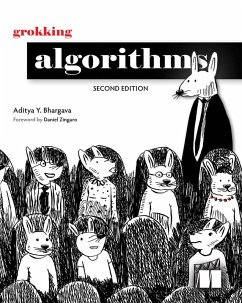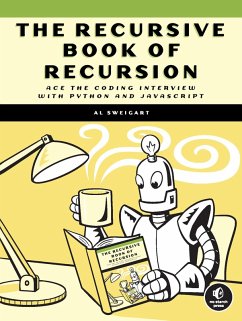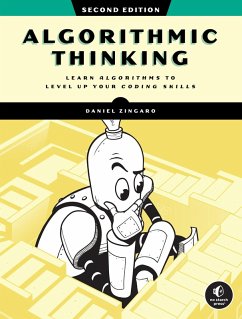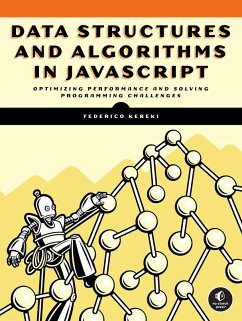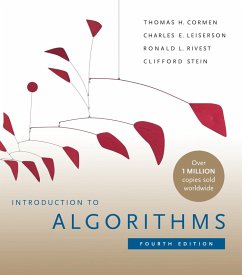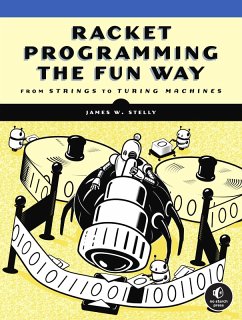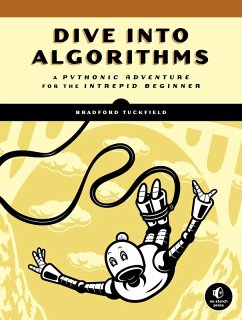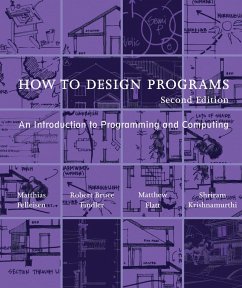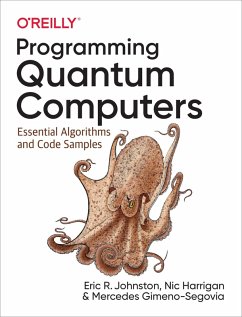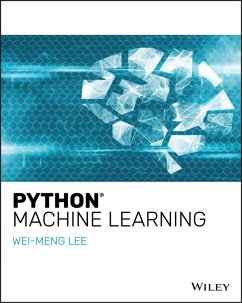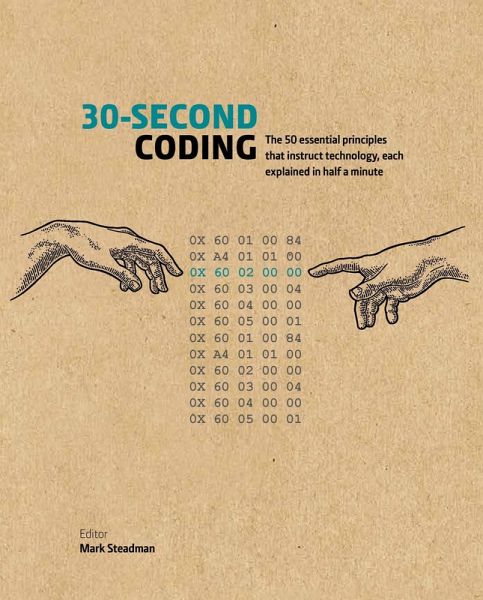
30-Second Coding (eBook, ePUB)
The 50 essential principles that instruct technology, each explained in half a minute

PAYBACK Punkte
6 °P sammeln!
The successful 30-Second series tackles coding, the science of programming the technology which operates in almost every aspect of modern life. Computer code operates behind nearly everything we do - from small calculations in the home to complex executions that drive the global economy. It influences who we see, follow, and like online and describes the websites we visit, the connections between them, the sounds heard on Spotify and videos watched on YouTube. There is very little we do which hasn't, in some way, been codified, analysed, and computed electronically, yet few of us possess a bas...
The successful 30-Second series tackles coding, the science of programming the technology which operates in almost every aspect of modern life. Computer code operates behind nearly everything we do - from small calculations in the home to complex executions that drive the global economy. It influences who we see, follow, and like online and describes the websites we visit, the connections between them, the sounds heard on Spotify and videos watched on YouTube. There is very little we do which hasn't, in some way, been codified, analysed, and computed electronically, yet few of us possess a basic understanding of that ultimate language barrier. That's a shame, because coding is the key to so much. Simple programming concepts can explain plenty about the modern world and the changes to come in the age of AI. With insightful text edited by computer scientist and technology podcaster Mark Steadman and contributions from other industry experts, learn the origins of computer code, from the first computers developed in during the Industrial Revolution, through the codebreaking machines used during World War II to the hyperfast computers of the present day. Have all the key terms of this fascinating science explained in simple, bitesize chunks of information-rich text, as well as meeting the key figures who have helped make computer science what it is today. From algorithms and scripts to block-chain, bits and bots, turn to 30-Second Coding to reveal the secrets behind this fascinating subject.
Dieser Download kann aus rechtlichen Gründen nur mit Rechnungsadresse in A, D ausgeliefert werden.




